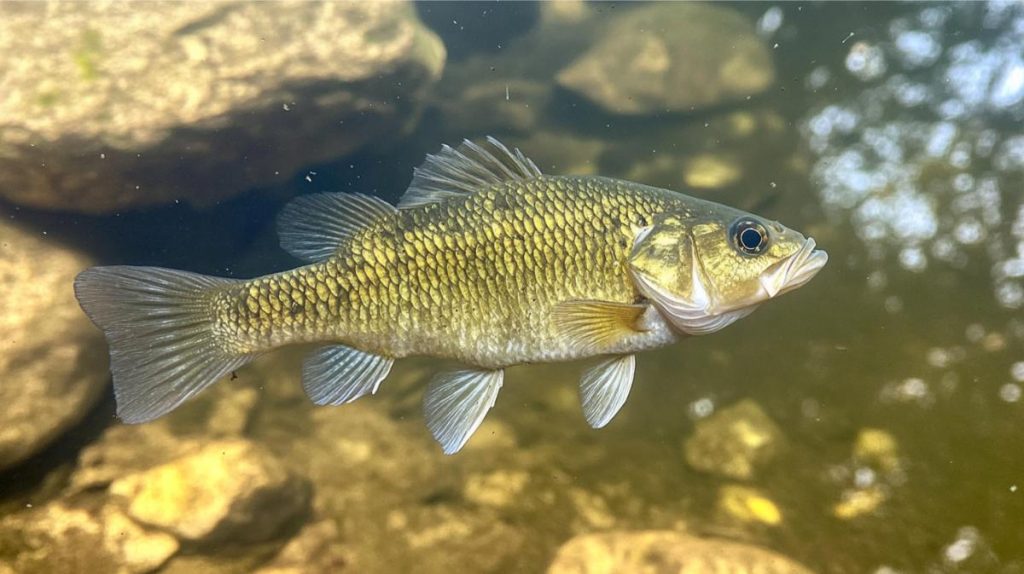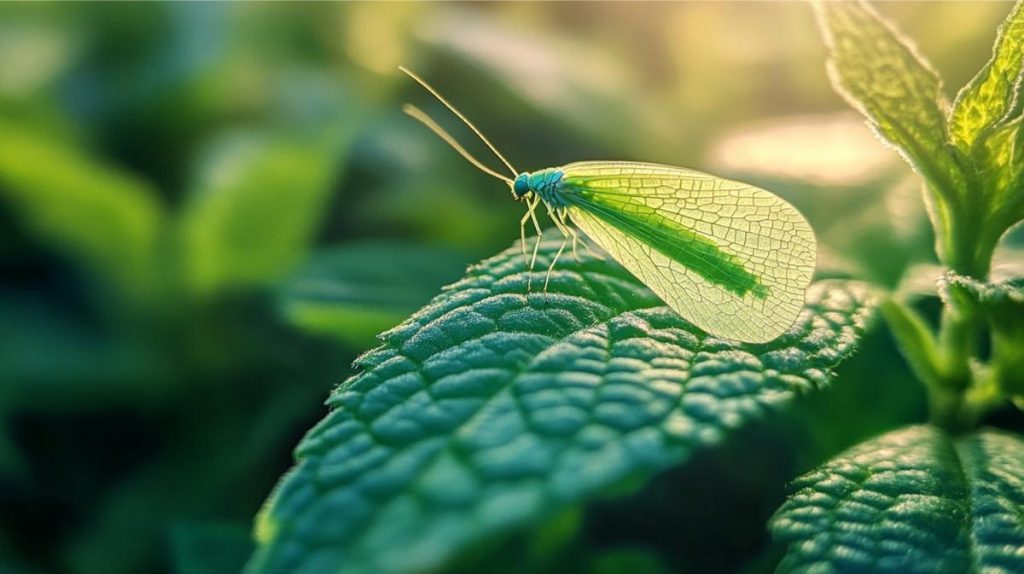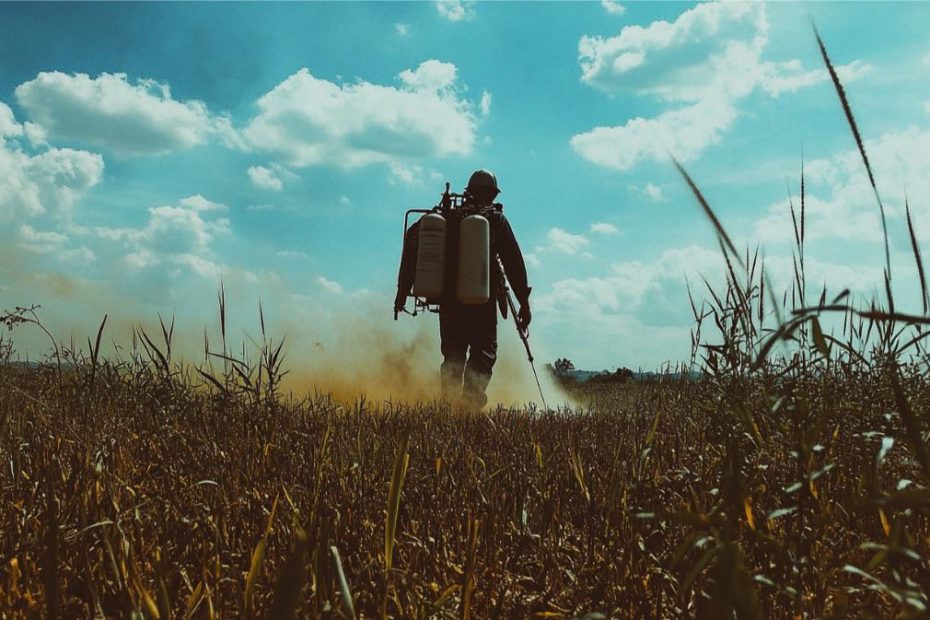Pesticides are everywhere, and they’re not just bugging insects. These chemicals are causing big problems for animals all over the world.
You might think pesticides only affect pests, but they’re actually harming lots of creatures, from tiny frogs to big bears.
The fight against pesticides is crucial for animal survival because these chemicals are damaging ecosystems and reducing biodiversity at an alarming rate.
When pesticides enter the food chain, they can hurt animals that weren’t even the target. This means birds, fish, and even your backyard critters could be in danger.
You might be wondering, “Can’t we just use less harmful pesticides?” Well, that’s part of the solution!
Scientists are working on nature-based alternatives that can help protect crops without hurting wildlife.
By supporting these efforts, you can help create a world where both farms and animals can thrive.
Key Takeaways
- Pesticides harm more than just pests, affecting a wide range of animals and ecosystems.
- Reducing pesticide use is vital for protecting biodiversity and animal survival.
- Nature-based solutions offer promising alternatives to harmful synthetic pesticides.
Impact of Pesticides on Ecosystems and Wildlife
Pesticides pose serious risks to animals and their habitats. These chemicals harm creatures big and small, from tiny insects to large mammals.
Let’s see how pesticides affect different wildlife groups.
Threats to Aquatic Life and Amphibians

Pesticides seep into water bodies, harming fish and frogs. About 70,000 tonnes of pesticides leak into rivers and aquifers yearly. Yikes!
Here’s how pesticides impact aquatic life:
- Fish: Reduced growth, messed up hormones
- Frogs: Deformities, weakened immune systems
- Insects: Fewer food sources for other animals
Organophosphates are especially nasty. They can stick around in water for a long time. This means trouble for critters that call these places home.
Want to help? Look for eco-friendly ways to manage pests in your garden. Every little bit counts!
Pesticides and the Alarming Decline of Bee Populations
Bees are nature’s tiny superheroes, but pesticides are their kryptonite. These chemicals harm bees and other important pollinators.
How pesticides hurt bees:
- Disrupt navigation skills
- Weaken immune systems
- Reduce reproduction rates
Did you know? Bees provide crucial ecosystem services. Without them, many plants couldn’t reproduce. That means less food for you and me!
You can help bees by planting pollinator-friendly flowers. Skip the pesticides in your garden. Let those buzzy friends thrive!
Birds at Risk: The Silent Spring Continues

Remember “Silent Spring”? Rachel Carson’s book warned us about DDT’s effects on birds. Sadly, the danger isn’t over. Pesticides still threaten our feathered friends.
Bird species at risk:
- Songbirds
- Raptors
- Waterfowl
Pesticides harm birds in sneaky ways:
- Thinning eggshells
- Reducing food sources (insects)
- Poisoning through contaminated prey
You can make a difference! Create bird-friendly spaces in your yard. Use natural pest control methods. Your backyard can become a safe haven for local birds.
Mitigation and Alternatives to Synthetic Pesticides
Exciting ways to protect crops without harming animals are gaining ground. Let’s look at how you can be part of this eco-friendly revolution in farming.
Shifting Toward Integrated Pest Management

You might be wondering, “What’s this integrated pest thing?” Well, it’s pretty cool! Integrated Pest Management (IPM) is like a superhero team-up for pest control.
Instead of relying on one method, IPM uses a mix of tricks:
- Biological control (unleashing good bugs on bad bugs)
- Cultural practices (crop rotation, anyone?)
- Mechanical controls (think fancy traps)
You’ll love how IPM helps keep your food safe and critters happy. It’s a win-win!
Organic Farming: Prospects for a Sustainable Future
Ever dreamed of being a nature-friendly farmer? Organic farming might be your calling!
This method says “no thanks” to synthetic pesticides and focuses on working with nature, not against it.
Here’s why you’ll dig organic farming:
- It’s great for biodiversity (more bugs, birds, and bees!)
- Your food will be pesticide-free (yum!)
- It helps create a sustainable environment
You might think it’s all about letting pests run wild, but organic farmers have clever tricks up their sleeves.
They use natural pest control methods that would make Mother Nature proud!
